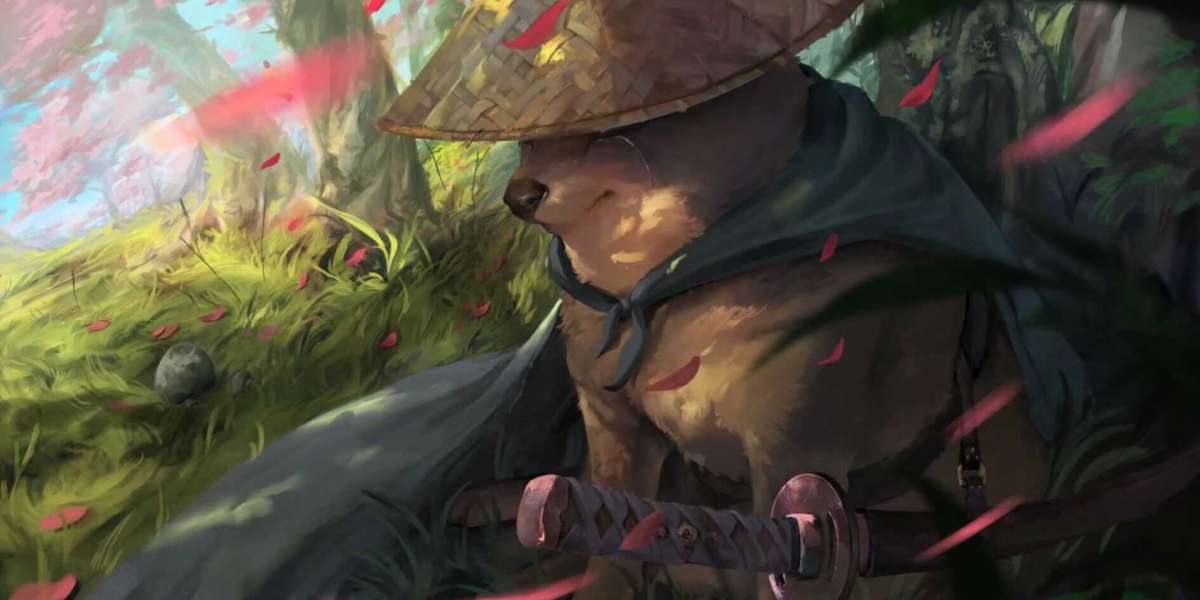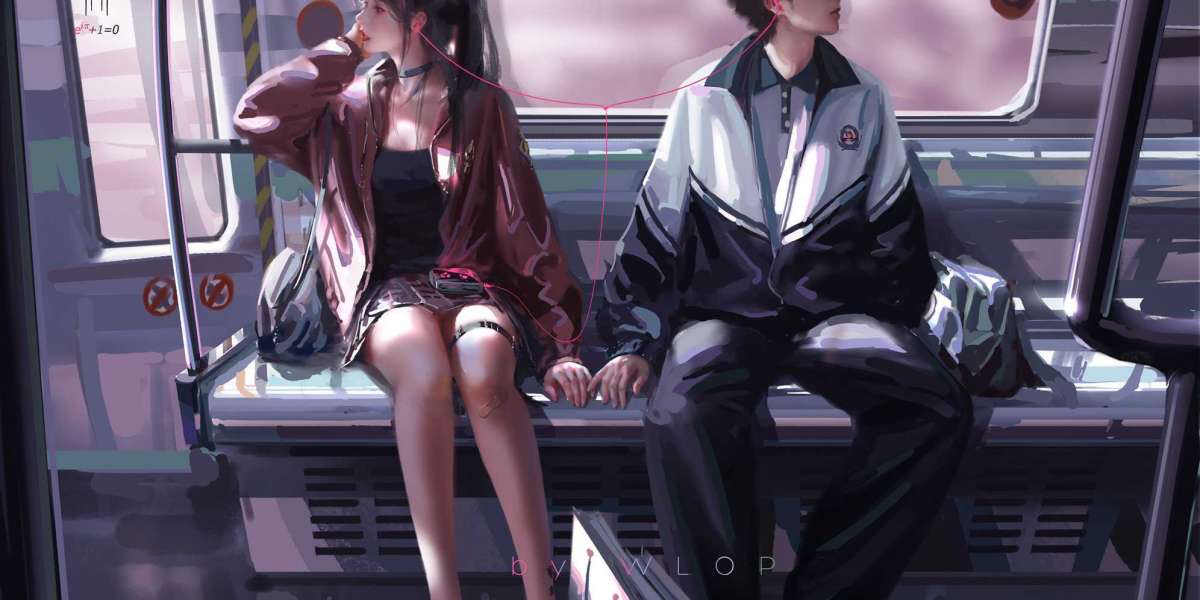Graphic Design has undergone a remarkable transformation over the decades, evolving from traditional methods to sophisticated digital techniques. This evolution reflects not only changes in technology but also shifts in cultural and societal norms. Understanding this journey is essential for anyone interested in the field of visual communication.
Historical Context of Graphic Design
The roots of Graphic Design can be traced back to ancient civilizations where symbols and images were used to convey messages. As printing technology emerged in the 15th century, the ability to produce text and images together revolutionized communication. The invention of the printing press allowed for the mass production of materials, making Graphic Design more accessible.
Impact of Technology on Graphic Design
With the advent of computers in the late 20th century, Graphic Design experienced a seismic shift. Software such as Adobe Photoshop and Illustrator enabled designers to create intricate visuals with unprecedented ease. This digital revolution not only enhanced creativity but also streamlined the design process. Today, Graphic Design is characterized by:
- Enhanced creativity through digital tools
- Increased accessibility for aspiring designers
- Global collaboration across diverse platforms
The Role of Graphic Design in Modern Communication
In today's digital age, Graphic Design plays a crucial role in branding and marketing. Companies leverage visual elements to create memorable identities and connect with their audiences. Effective Graphic Design can significantly influence consumer behavior. Have you ever wondered why certain logos resonate more than others? The answer often lies in the principles of design—balance, contrast, and alignment.
Future Trends in Graphic Design
As technology continues to advance, the future of Graphic Design looks promising. Emerging trends include:
- Artificial Intelligence in design processes
- Augmented and Virtual Reality applications
- Sustainable design practices
These innovations will undoubtedly shape the way designers approach their work, making it essential for professionals to stay updated with the latest tools and techniques. By embracing these changes, designers can enhance their skills and remain relevant in a competitive landscape.
Conclusion
In conclusion, the evolution of graphic design is a testament to the power of technology in shaping visual communication. As we move forward, it is crucial to recognize the importance of adapting to new tools and trends. For those interested in exploring more about Graphic Design and its applications, consider visiting . This resource can provide valuable insights into the world of design.








